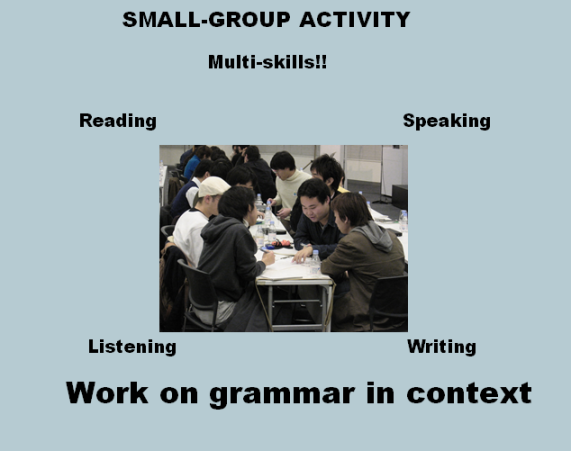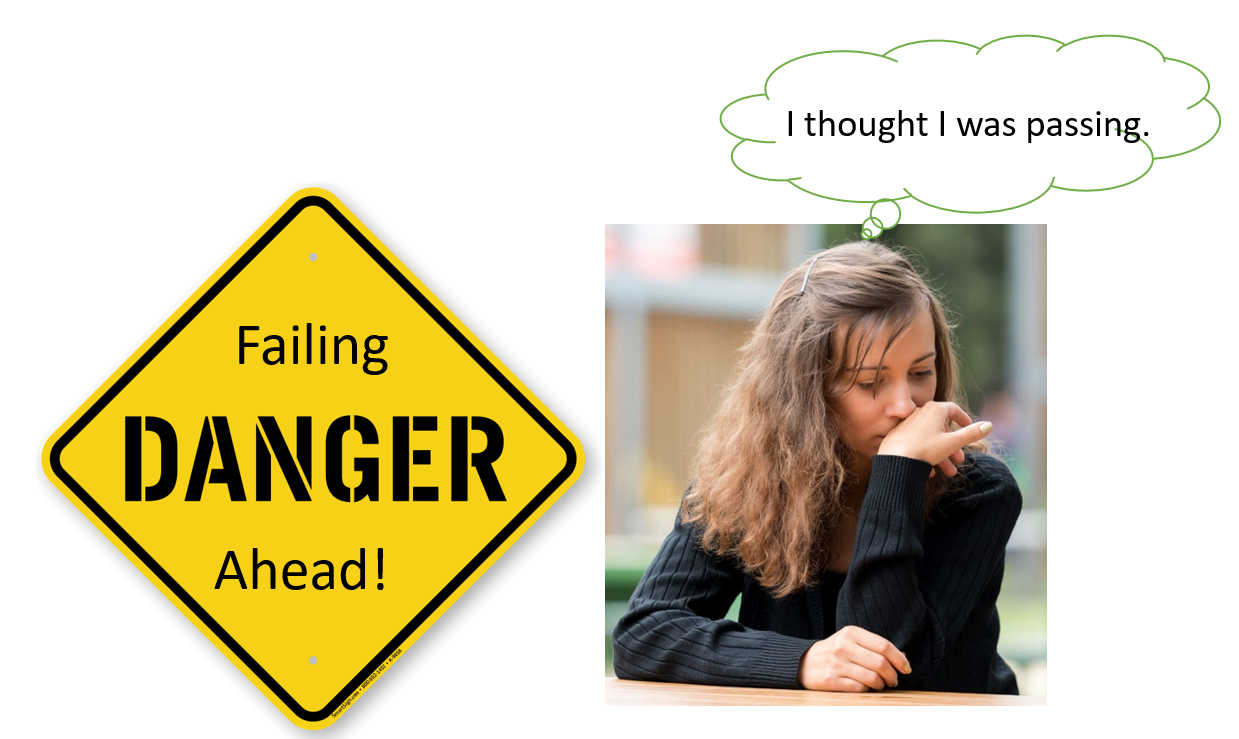
This posting includes sample lessons of a Writing Workshop that give students a lot of autonomy.*
This posting is an update of my February 1, 2019 post: Most Important Motivator of Students: How You Can Do It
Since posting this back in 2019, I’ve heard from teachers who decided to try out a Writing Workshop with their ESL Writing classes even though they were skeptical at first. Their hesitation seemed to be doubtful that their students would actually be productive without more direct teacher control. However, they reported that their initial skepticism was quickly dispelled after seeing the same great benefits that I had described in the post below. Almost all of them stated that they couldn’t imagine teaching a Writing class in any other way in the future.


